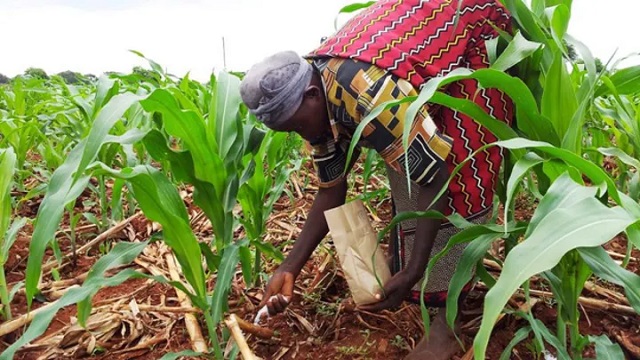
Mbale, Uganda | THE INDEPENDENT | Research by the Anti-Counterfeit Network Africa has revealed that 72 percent of the farmers within the Bugisu sub-region cannot differentiate between genuine and counterfeit agro-inputs.
The study conducted in March and April 2022 was driven by common narratives about farmers’ experiences with fertilizers, seeds, and other agricultural inputs.
The survey also revealed that 71 percent of the farmers who acquired the counterfeit products, especially seeds, bought them from mobile shops or vans as opposed to permanent suppliers.
According to Ronnet Atukunda from Makerere Business School and lead researcher, to test the quality of agricultural inputs, researchers focused on seeds and on fertilizer in the districts of Mbale and Sironko.
She said key among their findings was that the vast majority of fertilizers and seed samples were substandard which led to losses by farmers. She cited a farmer in Sironko district who lost sh9 million due to fake fertilizers which affected the returns on investments.
Hussein Kaguje, a small-scale farmer in Mbale city says that the increasing agro input counterfeits on the market have affected their yields. He says this is caused by the failure of farmers to differentiate between the fake and genuine.
According to Kaguje, regulators like the Uganda Bureau of Standards have not done enough to fight against counterfeits.
Robert Waninga, the LCIII Chairperson of Buyobo sub-county in Sironko district who is also a farmer notes that because many farmers have selected tomatoes and coffee for the Parish Development Model-PDM program, there is a need for government to intervene and curb counterfeits.
Paul Mwambu, Commissioner of Crop Inspection, and Certification at the Ministry of Agriculture called for collective action to fight counterfeits.
Samuel Khauka, the Acting Mbale City Agriculture Officer says that the input dealers aim at maximizing profits and don’t mind about the health of the consumers. He notes that most of the counterfeits are seen in livestock feeds, fertilizers, and chemicals which would translate into poor performance of crops and animal products.
****
URN
 The Independent Uganda: You get the Truth we Pay the Price
The Independent Uganda: You get the Truth we Pay the Price





